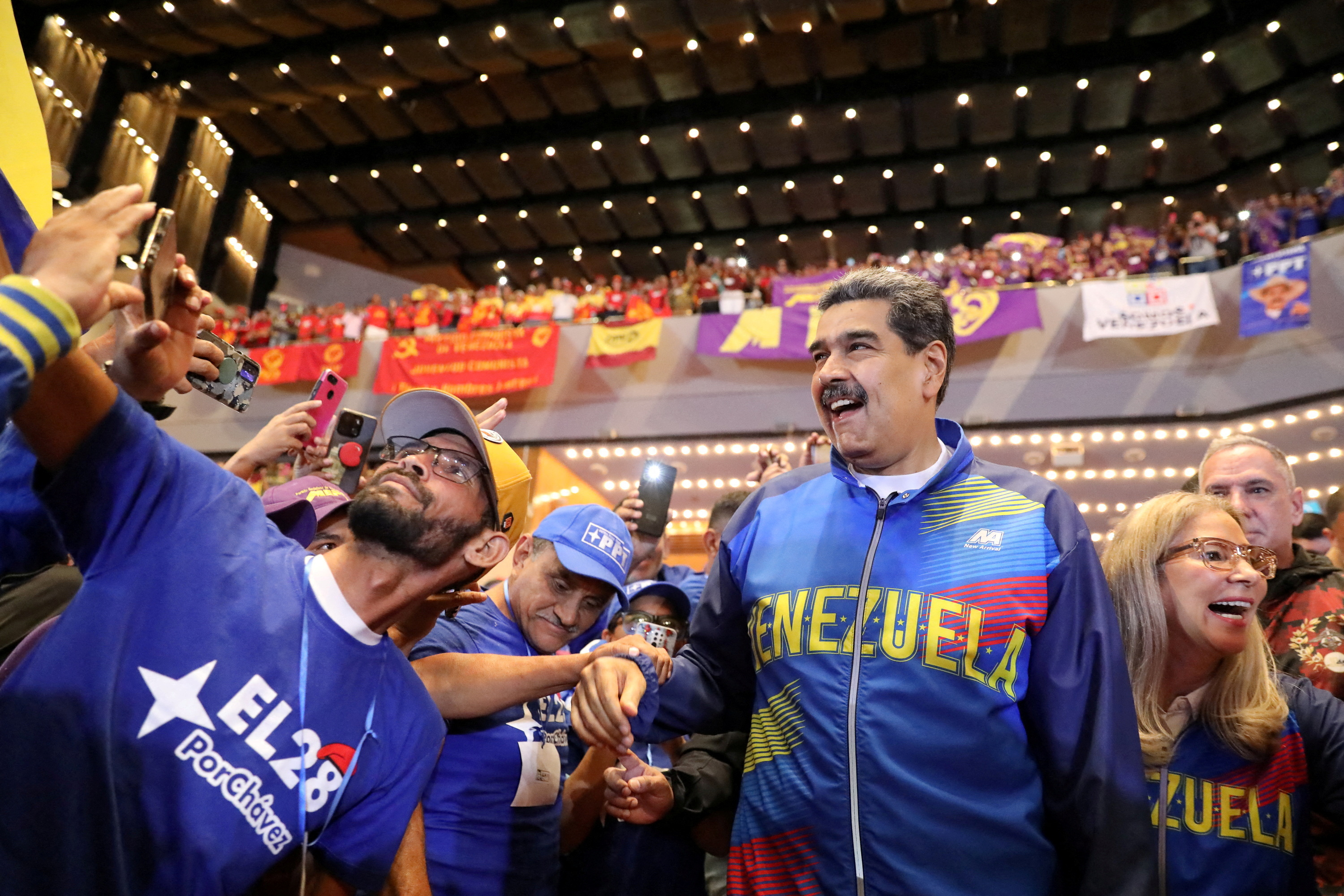Lawmakers in Venezuela allied with the government of President Nicolas Maduro on Thursday approved the creation of a new state in a territory that is the subject of a long dispute with neighboring Guyana, despite an ongoing international court case.
The approval is in line with recent rhetoric from Maduro about his country’s supposed right to govern the 160,000-square-km (62,000-square-mile) Esequibo region, but will have no immediate practical effect.
The two countries agreed last December to avoid any use of force and not to escalate tensions in the dispute after a meeting between Maduro and his Guyanese counterpart.
The International Court of Justice (ICJ) is to decide on which country the territory belongs to but the Venezuelan government has said it does not recognize the ICJ and that a December referendum backing the creation of a new state, among other things, gives it a right to control Esequibo and allow oil exploration there.
Venezuela’s electoral authorities said more than 10 million Venezuelans voted in December’s referendum, but have so far not released the results. There were few or no lines at polling stations on the day of the vote, according to Reuters witnesses.
Guyana has said its borders are not up for discussion and that it will defend its sovereignty.
The law approving the new state, called Guayana Esequiba, will come into force as soon as it is published in the official gazette.
The state’s borders would be the Atlantic Ocean to the north, Brazil to the south, Guyana to the east and the Venezuelan states of Delta Amacuro and Bolivar to the west, according to the law.
The city of Tumeremo, in Bolivar, will serve as a capital “until a practical and mutually acceptable solution to the territorial controversy is reached with the Cooperative Republic of Guyana,” the law said.
Venezuela has in recent years revived its claim to the territory and to offshore areas after major oil and gas discoveries and amid internal political upheaval ahead of elections expected this year.







Click here to change your cookie preferences